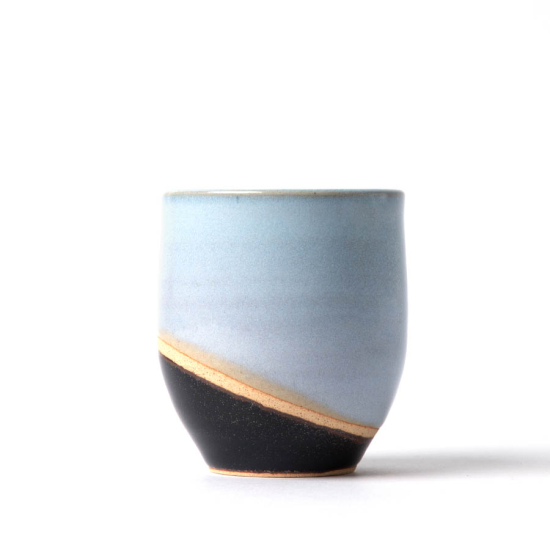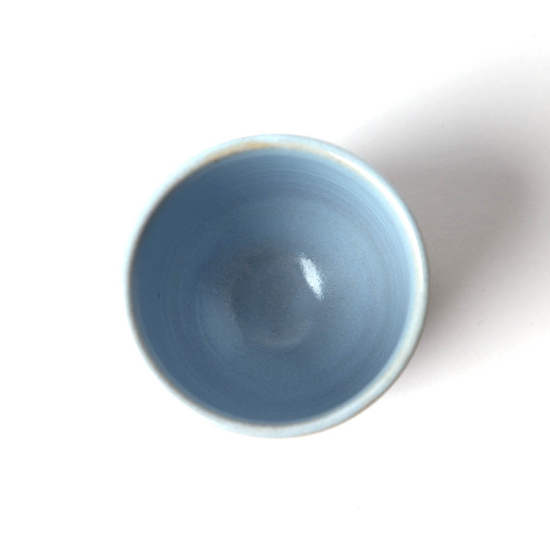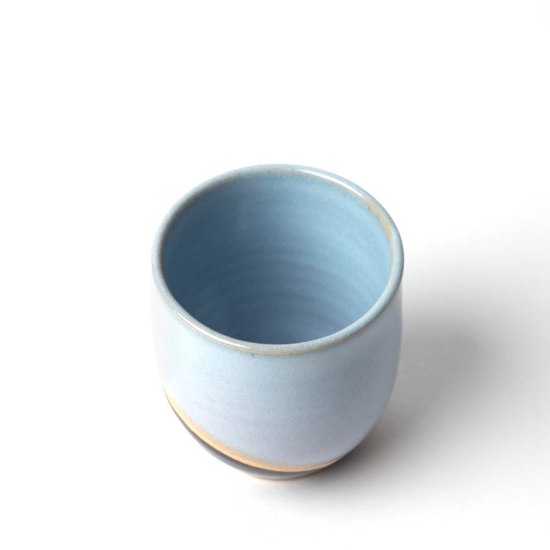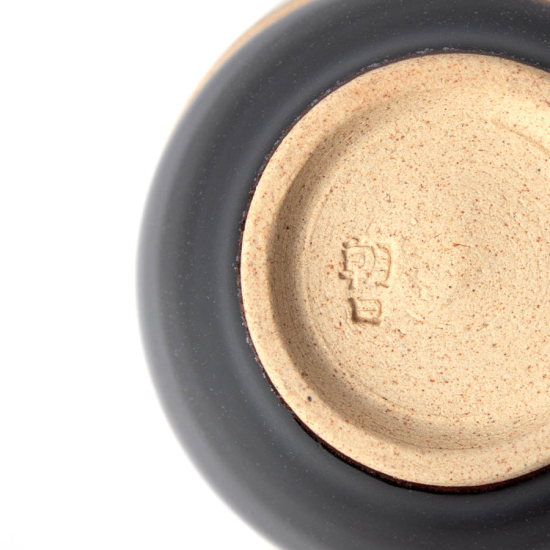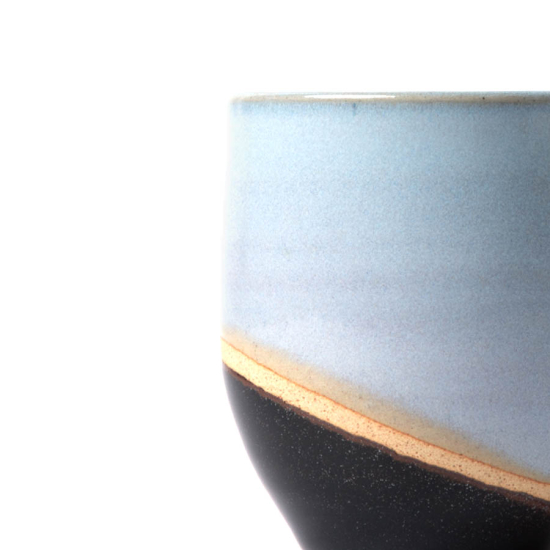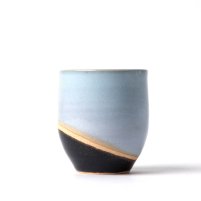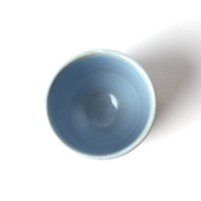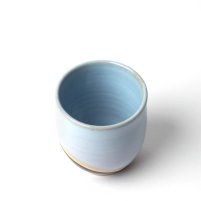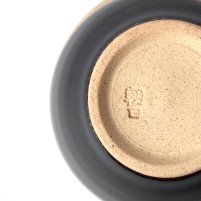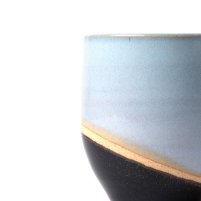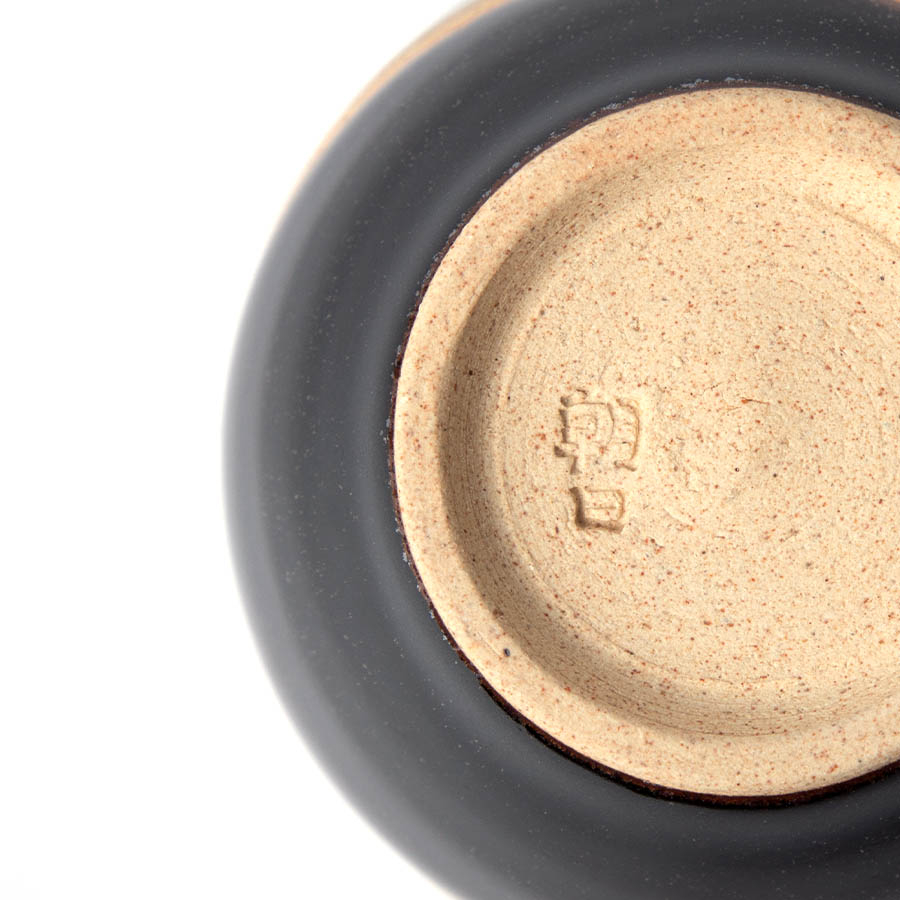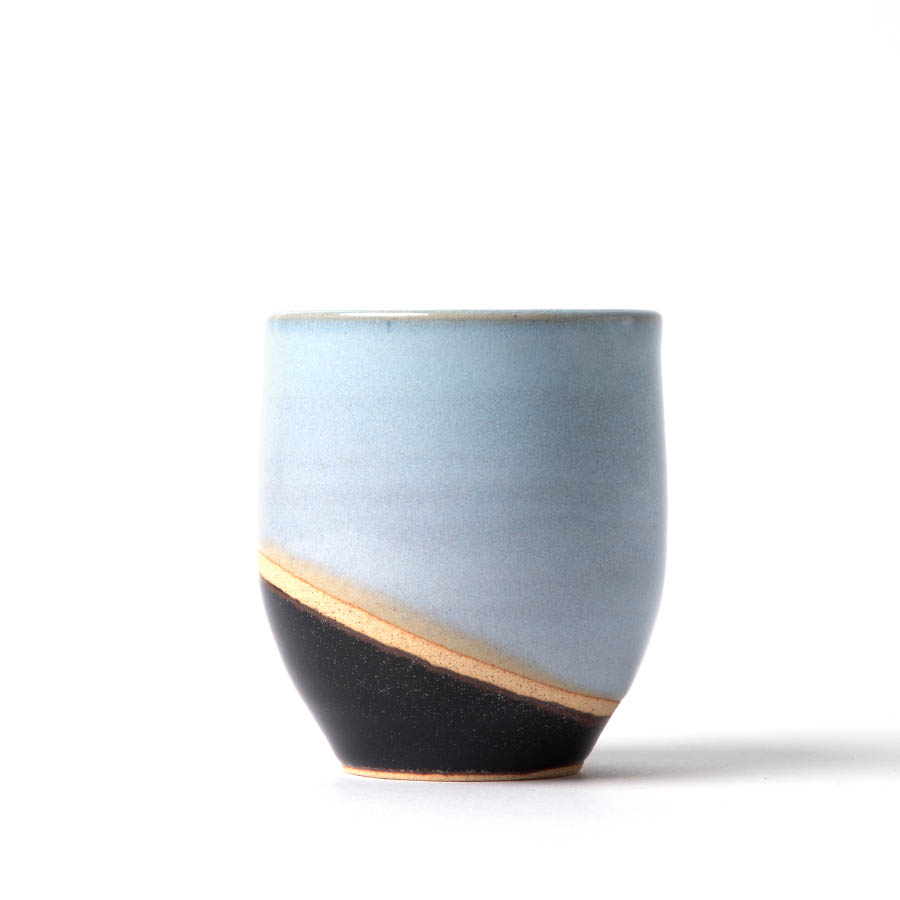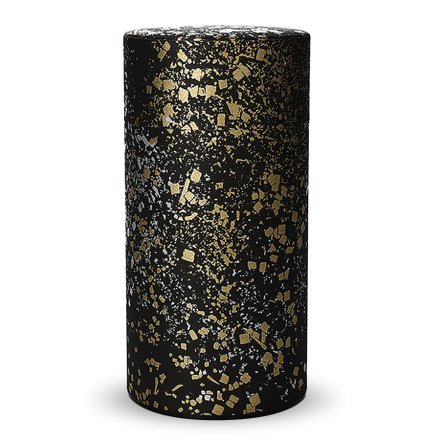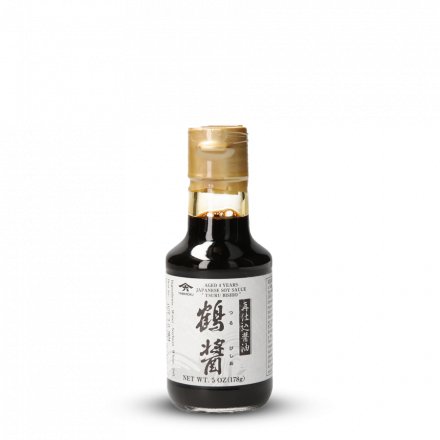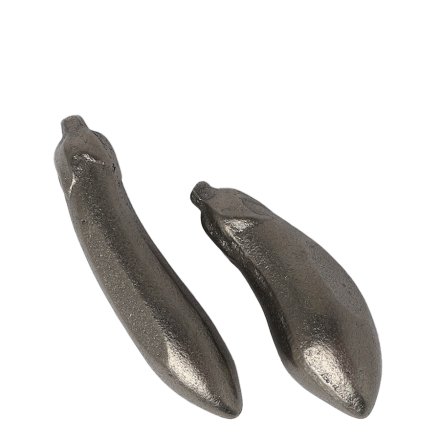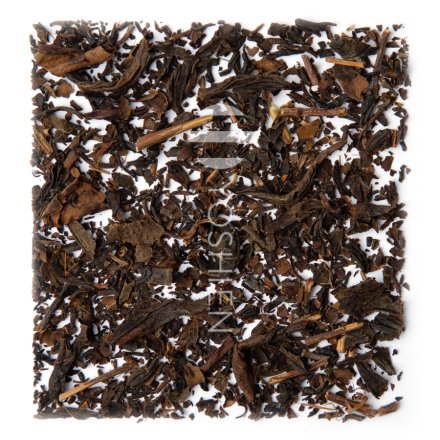Before first use please soak in water for ten minutes as this will prevent it from staining easily. Each time after use, wipe off water and dry thoroughly before storing.
Japanese Teacup
Two Tone
Asahiyaki
SKU
5625
Two-tone Japanese yunomi tea cup with a pale blue geppaku "moon white" glaze on top and black glaze below. Fired at high heat in a climbing genyo kiln at the 400-year-old Asahiyaki workshop in Kyoto, this cup is perfect for serving hojicha and Kyobancha teas.
| Product | Pale blue and black tea cup |
| Maker | Asahiyaki, ASAHIGAMA standard |
| Origin | Uji, Kyoto, Japan |
| Material | Uji clay |
| Glaze | Geppaku and black |
| Dimensions | Ø6.8 x 8cm |
| Volume | 170ml |
| Weight | 200g |
| Artist's Stamp | On base |
| Packaging | Cardboard box |
Note: Each item is handmade therefore sizes, colour and glazing may vary slightly.
In stock



